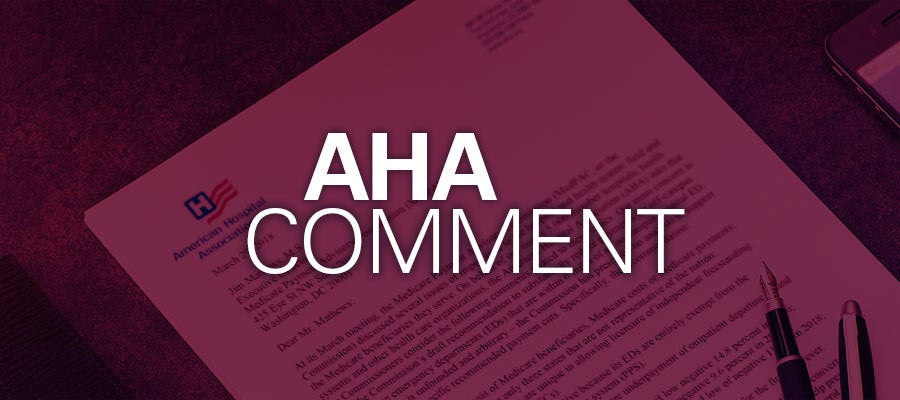As the healthcare industry continues to advance, the use of artificial intelligence (AI) is becoming increasingly prevalent. Rep. Ami Bera recently sent a request for information about the current state of AI in healthcare to the American Hospital Association (AHA). In response, AHA emphasized the importance of flexible regulation to keep pace with innovation in this rapidly evolving field.
One key aspect of AHA’s argument was that regulating technology based on how and where it is used is essential for ensuring oversight organizations can effectively tailor their regulation to specific risks associated with the technology. This approach allows for a sector-specific approach to regulating AI, which is crucial given that it is not a one-size-fits-all technology.
To address these risks, AHA proposed adapting existing technology-focused regulatory frameworks to accommodate the unique aspects of AI. This approach would ensure that regulation keeps pace with innovation while allowing caregivers to apply AI for patient benefit. Regulating AI based on its use across different sectors, similar to how software is regulated, would be the most effective way to address safety and privacy concerns unique to healthcare.
In summary, AHA’s response to Rep. Bera’s request emphasized the need for flexible and sector-specific regulation of AI in healthcare. By adapting existing regulatory frameworks and regulating technology based on its use across different sectors, caregivers can apply AI for patient benefit while ensuring patient safety and privacy are maintained.



